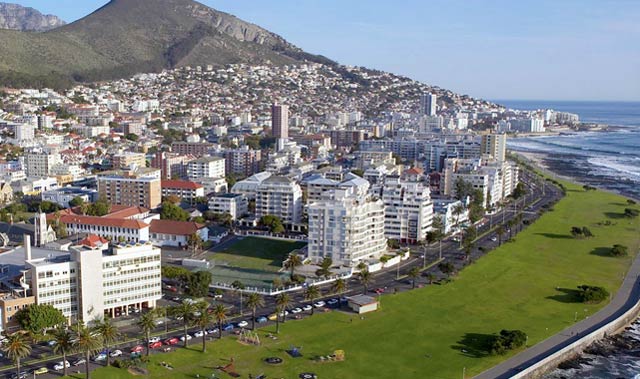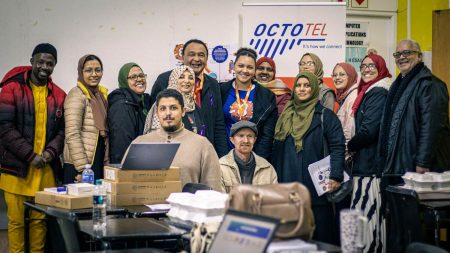
Cape Town has a new fibre-to-the-home (FTTH) provider. Octotel, founded by entrepreneurs Joe Botha and Michael Pollock, plans to provide broadband access at speeds of up to 1Gbit/s, starting in the upmarket Atlantic seaboard suburbs of Sea Point, Bantry Bay, Mouille Point, Three Anchor Bay, Green Point and Fresnaye.
Prices will start at R499/month for a 10Mbit/s line, including the line fee and Internet service provider charges, the company has announced on its website.
“We offer an alternative to Telkom’s ageing and highly congested ADSL network. Octotel rolls out its fibre network in partnership with the community and local Internet service providers using an open-access business model.”
It’s one of a number of FTTH start-ups hoping to challenge the established order in fixed-line telecommunications in South Africa.
“We are an independent fibre provider that provides fibre services to ISPs on a fully vendor-neutral basis,” the company says.
Botha was chairman of the Wireless Access Providers’ Association for three years and served on the management committee of the Internet Service Providers’ Association. He has built, invested in and run a number of businesses in the telecoms sector.

Pollock, meanwhile, has a background in accounting and finance, with experience in managing large corporate accounts and various global trading platforms.
Like Vumatel, which is building FTTH networks in a number of suburbs in Johannesburg, Octotel uses an open-access model. “This means Octotel will only operate and maintain the fibre infrastructure,” it says. “We act as a utility and we never sell Internet service (data and voice). Internet services are provided by ISPs like MWeb, WebAfrica and RSAWeb.”
The Atlantic seaboard is a high-density area, with many high-rise apartment blocks. The company says its service is well suited to this environment. It intends offering free fibre-optic cabling to each floor in a building along with free high-speed connectivity for remote CCTV and security monitoring (there are terms and conditions attached).
Octotel intends trenching along the streets, with each building getting a small wall box mounted in the basement. From there, fibre is installed on floor level and into each apartment by technicians. It says it will take between four and eight weeks to wire up a building.
A once-off activation free of R1 500 will apply. This includes a fibre termination device, which remains the property of Octotel. ISPs will provide routers and Wi-Fi devices to subscribers.
“The underlying technology we use is asymmetric, 2:1, double the download vs upload speed,” the company explains. “A 100Mbit/s line will have an upload speed of 50Mbit/s, for example.” — (c) 2015 NewsCentral Media




